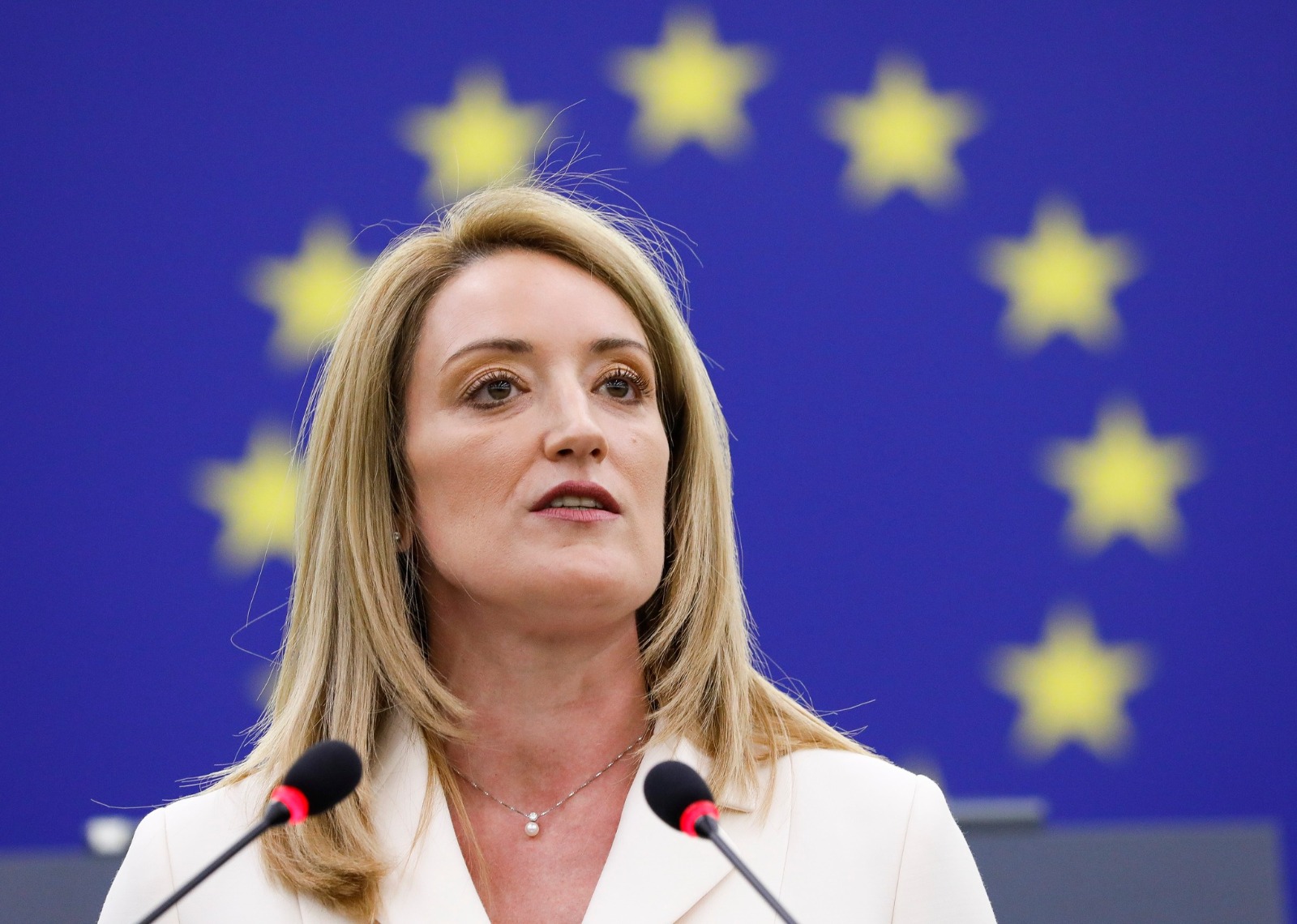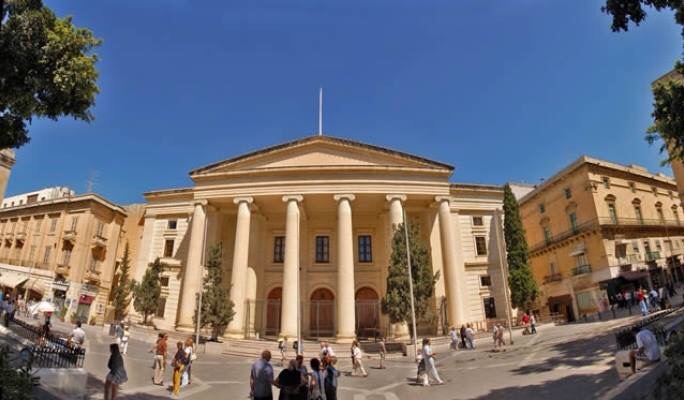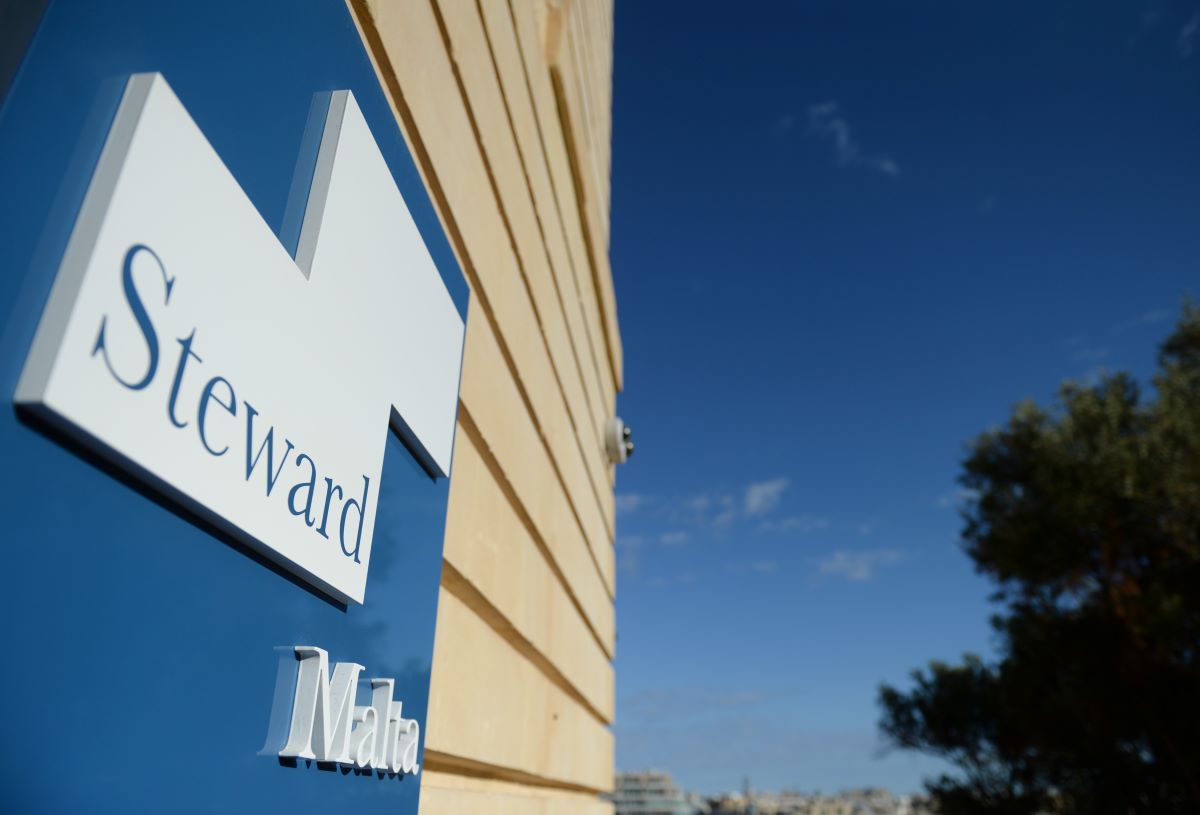On Friday, Roberta Metsola explained that it took the European Parliament 10 years of constant pressure “against high resistance from other institutions to finally agree” on legislation to promote the inclusion of women in decision making roles such as boards.
Speaking at FIDEM’s second edition of its Women’s Day conference, the President of the European Parliament, Roberta Metsola, explained that it took a lot of effort and work for the ‘The Women on Boards Directive’ to materialise.
This directive forms part of the 2020-2025 EU Gender Equality Strategy. While the text of the legislation was approved by the European Parliament in 2012, it was later blocked by the European Council because some countries opposed the regulation. While some countries preferred companies to adopt voluntary measures, others thought that such action should be initiated at national level.
Nonetheless, at the end of 2021, President of the European Commission Ursula von der Leyen, commenced new discussions on the topic.
Overall, this directive strives to achieve gender balance among directors of listed companies across Europe. By the first half of 2026, every stock-listed company within the European Union should have at least 40 per cent female Non-Executive Directors or have a female representation of Executive and Non-Executive Directors of at least 33 per cent.
While on average, European Companies have 30 per cent female Non-Executive Directors, 2022 statistics indicate Malta stands at the lower end of the spectrum with 14 per cent.
“This directive will open transparent recruitment procedures from companies across Europe to push towards a greater presence of women in boards,” Dr Metsola explained.
Asked whether she was in favour of mechanisms, be it on a political level or in relevance to business leadership, Dr Metsola remarked that she is in full agreement with mechanisms that will put women in representation everywhere.
While stating that the private sector “needs to be better” in identifying people and women who can be in boards, she adds that the question remains whether this can be attainable within the public sector.
“[There’s a] huge imbalance between senior leadership positions in the public sector than the private sector. So, yes, I do believe in quotas,” she added.
Titled “Count her in: Accelerating gender equality through economic empowerment”, the conference had multiple panelists discussing gender equality at work, balanced family responsibilities, work-life balance, and the importance of educating about gender roles at an early age.
The conference had a high attendance of Directors, CEOs, Lawyers, HR managers, academics and politicians. During the discussions, many agreed with President Metsola that “not too long ago the idea that these positions would be filled by women would have come across as a surprise by many.”
Speaking to BusinessNow.mt, FIDEM founder and lawyer Sabine Agius Cabourdin remarked that while the progress is encouraging, there is still a long way to go for more women to hold position-making decisions.
“Maternity leave is one of the biggest struggles. Why? People will have to think once or twice before starting a family. Once they have a newborn baby they have to face this hard decision of going out to work. We should be looking at a longer maternity leave,” she added.
Nonetheless, she recognises that an employer can’t give six to nine months of leave to an employee who just gave birth. Nonetheless she believes that they can compromise with their employees to offer the flexibility needed. This includes hybrid work, flexible hours and incentives to encourage mothers to apply for certain jobs, among others.
Employer bodies call urgent MCESD meeting over ‘serious concerns’ about PM statements on judiciary
Prime Minister Robert Abela has repeatedly questioned the timing of the publication of the Vitals inquiry
Political earthquake in Malta: A rundown of politicians, civil servants and businesses facing charges
Joseph Muscat is the first former PM in Malta’s history to be facing criminal charges
BOV’s points to ‘strong governance structure’ as questions resurface about €36 million loan to Steward
The bank also declined to comment on the €400,000 golden handshake given to its former chief risk officer






